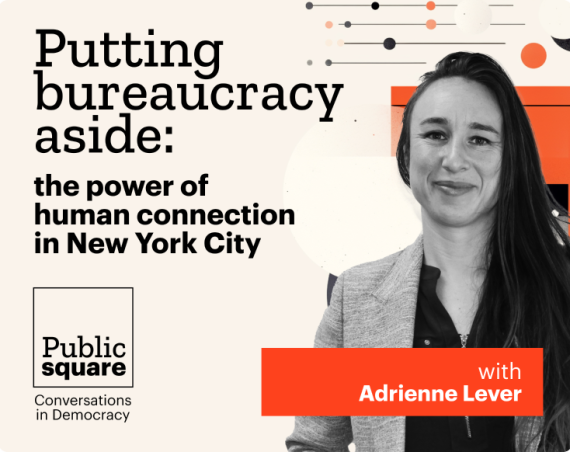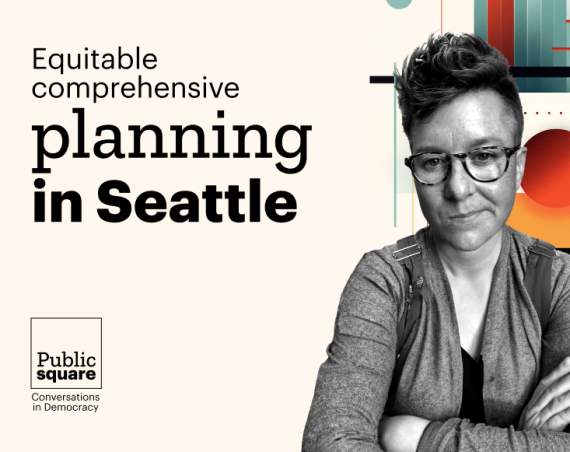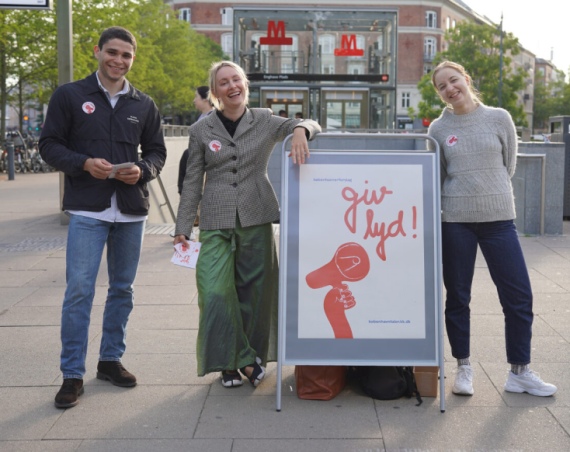It seems we still live in the infancy of open government data, which is all about availability and quality. In this post we submit 4 suggestions to usher in the mature age: open data as a prized citizen participation tool for open democracy.
1. Open Data: ease of use and flexibility
“Dataset” is too often a synonymous for off-putting and tedious. This isn’t inevitable, as the following ideas show. Simple and eye-catching data visualisation can boost a citizen platform, for instance by making use of infographics. How does this make the citizens’ life easier? Simply by structuring data with an emphasis on key content and links to supporting information.
Think for a moment about a personal dashboard where favorites can be pinned for instance. It would prompt more recurring visits and more analytical use of the data. Search by keyword is indispensable to find your way around quickly and to drill down into the data.
Another key point is to aggregating relevant data within and across organisations instead of focusing on your own production. It has the potential to make your venue a by-default go-to when it comes to reliable government information for the area. A city council could for example curate its own data, but also integrate data curated by central government and open data from non-profits and businesses.

Addressing the semantic links between various pieces of content can also be a huge plus.The project “Local Decision as Linked Open Data” by the Flemish Agency for Domestic Governance seeks to add metadata to council decisions so they can be processed automatically into structured systems linking them to other relevant acts (e.g. other council proceedings or policy memos from the administration). It illustrates how government data can be leveraged for a more powerful citizen engagement.
The Unlock software detects semantic relations between heterogeneous pieces of information relating to urban planning. It then presents them in thematic groups, without the need for manual tagging.
Good news is both civic engagement projects will be presented at Open Belgium 2017.
2. Contextualisation of your government data
Isolated data doesn’t always make sense. Providing context on a raw dataset can render it intelligible and make its practical relevance more obvious. An illustration of this would be to present transcripts of assembly hearings together with a note on who the speakers are, e.g. their political membership, links to lobbies, etc. DigitalDemocracy.org does this, relying on the dedication of political science students. Yet one can imagine configurations where contextual information is automatically bound with data, e.g. via the adjunction of news feeds.
3. Civic data as teaching material
There is much to be taught about government data: how to find, understand, interpret, critique it, how to ask the questions that it can answer, how to use it as an evidence, how to find its applications in real life. Here is the thing: school is often lacking civic education. This should be improved to support more citizen engagement later in life. And while we’re at it, it should also be extended with modules on handling open data, as seen in the Urban Data School which has been piloted in Milton Keynes, UK, and which researchers found to be a success. They noted that of course teachers need to be trained in the first place. So, why not extend open data adult training to wide ranges of the population?
4. Tools for mobilisation
If data is to be spread, users need to be equipped. Handy solutions to share precise bits of information instantly make it more likely for data to find its way to society. A transcript fragment or video snippet that is one click away from social media or emailing can readily go with the flow of users’ daily communication. Having the option to set up an alert on the topics or sources that matter most to you also greatly increases the chance you’ll see the database as a mine for advocacy or monitoring. Both ideas have already become reality on DigitalDemocracy.org. According to Senator Sam Blakeslee, managing the project, that’s simply how you turn “an exploration tool into a mobilisation tool”[1].
[1] https://www.citylab.com/politics/2017/02/a-new-search-tool-digital-democracy-holds-government-accountable/515991/
Heard of other open data initiatives that could facilitate citizen engagement? Please leave a comment!





